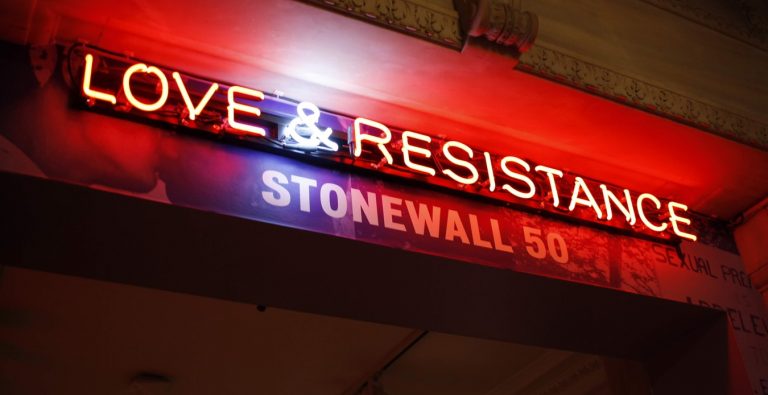Published at the end of January, Stonewalls UK Workplace Equality Index is the “definitive benchmarking tool for employers to measure their progress on lesbian, gay, bisexual and trans inclusion in the workplace”. It’s a go to for those who want to ensure their employer is inclusive, as well as employers who want to identify the areas they are doing well in and what needs improvement. This isn’t just an award, it is a key tool for companies to learn from all year, meaning that the insights we can gain are invaluable. Whilst all of the businesses on the list have something to offer, if 100 summaries sounds a little daunting, starting from the top is a good jumping off point.
First becoming a top 100 employer in 2005, Newcastle City Council overtook last years leaders, Pinsent Masons, within the 2020 list. Having already been the highest-ranking local authority for the last 3 years, they pride themselves on being ‘open and inclusive without exception’, something which is clearly shown within their policies and practices.
LGBT inclusion is embedded in everything the Council do, from their recruitment practices, to their internal communications, to how they interact with the wider community. There is a lot that companies can learn from the way Newcastle City Council work but the key factor is; this isn’t tokenism.
All year round, Newcastle City Council work closely with other organisations to ensure that they are doing all they can to ensure the rights and freedoms of the LGBT community. Last year that included collaborating with the NHS and other regional stakeholders on a ‘ground-breaking conference’ to improve understanding of the needs of the local trans community.
With the recent backlash towards businesses and organisations, who are seen as simply throwing a rainbow over their problems in hopes of gaining the ‘pink pound’, Newcastle City Councils constant championing of LGBT causes has kept them out of the firing line and in favour.
“Companies that use Pride for ad campaigns but do not take direct action i.e. give to charity/raise awareness for a cause [are] exploiting the popularity of LGBT iconography without putting in the work and I am actively less likely to buy from them because of this.” – Response to the LGBT <25 Survey Results
Their events have included a ‘7 Days of Pride’ campaign, Bi-Visibility Day and Trans Day of Remembrance. They don’t just do the bare minimum when it comes to celebrating key dates and also ensure there’s an onus on intersectionality, with events focused on LGBT people of colour, LGBT people with disabilities, and LGBT people of faith.
Neither do they relegate their LGBT policies to a small group of organisers, there is strong visible support from senior leaders across the organisation and Stonewall state that “every opportunity is taken by council leaders, directors and senior managers to be vocal in their support of LGBT communities.” This integration of LGBT rights from the top down is essential if you’re to become an inclusive employer and like other diversity policies, if you’re to be successful in creating a happy environment for employees.
From FAQ’s on the intranet at the University of South Wales Group, to Vodafone’s CV workshops for LGBT+ refugees, there’s plenty more to learn from Stonewalls list, so if you have the time, head over there and see how your company can join the 100.
Share this blog


















































